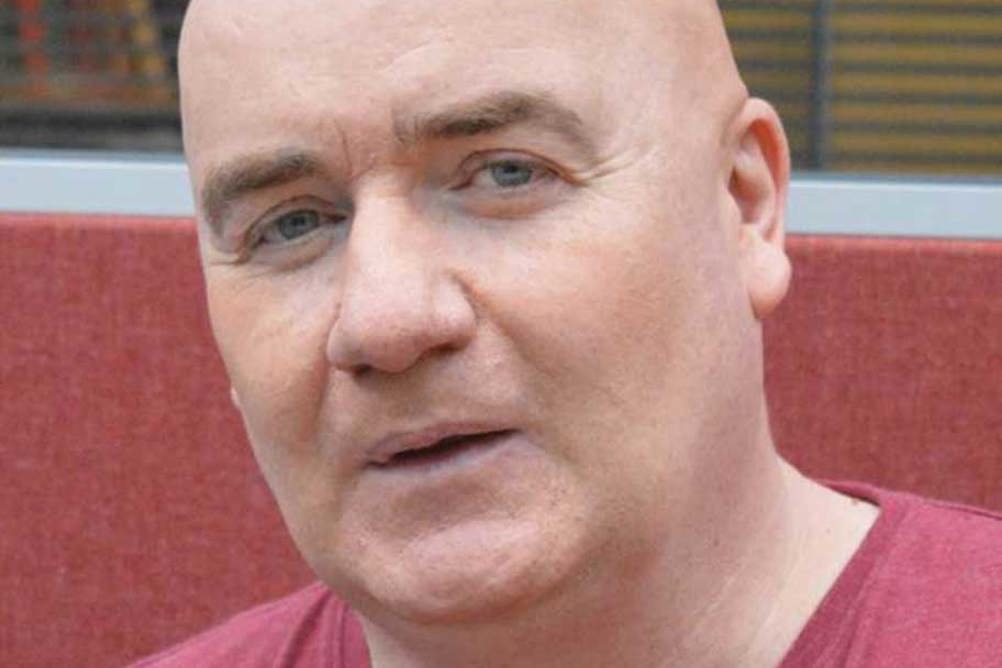research grant, exploring early years practitioners' beliefs about child
poverty to determine how they relate to their work with children and
families experiencing poverty.

Why did you carry out the research?
A great deal is known about how poverty impacts on children, but no research has explored early years practitioners' perspectives about child poverty. This is despite the fact that early childhood education and care is now considered key to addressing child poverty.
What were your findings and did they surprise you?
I was a little surprised that the majority of practitioners shared the Government's neoliberal construction of child poverty as a problem of troubled parenting, and thought that poor families have embedded patterns of behaviour that they are unlikely to do anything about.
These practitioners did not think of low pay as a reason for deprivation, whereas research shows that more than 60 per cent of children in poverty live in a household where someone works.
A minority of practitioners in the study thought of parents in poverty as victims who lacked opportunities and resources to help themselves.
Why do you think practitioners held a less sympathetic view of poverty?
Lots of staff we spoke to with this view lived in the same communities as parents in poverty. There was also a geographic difference. Practitioners in Northamptonshire, Herefordshire and Worcestershire were likely to hold a more sympathetic view than those in Durham and Tees Valley. This might be connected to the relative starkness of poverty in the areas.
How did practitioners' views affect their engagement with parents?
We found that those with views less sympathetic towards child poverty adopted a strong disapproving stance and consequently were less successful in working with parents in poverty.
What can be done to remedy this?
There is no quick fix to changing people's opinions. The problem is that practitioners' views are seldom questioned. A solution is to create an early years environment where practitioners can reflect on assumption. I am in talks about developing a pilot 'poverty proofing' toolkit for early years staff, similar to those developed by the charity Children North-East for primary and secondary schools.
- A summary of the study is available here
